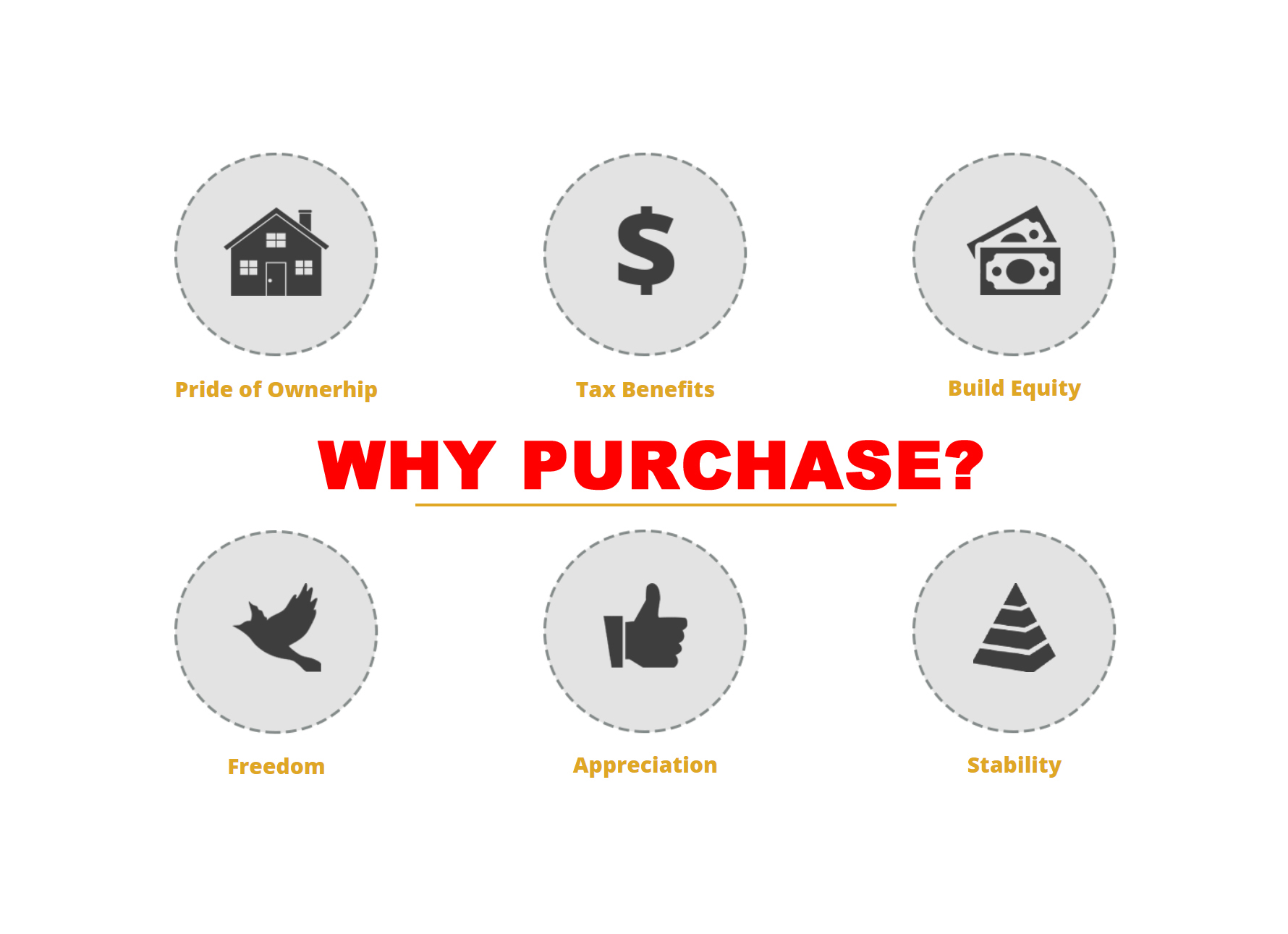- DON'T MAKE EXPENSIVE PURCHASES - It may be tempting to order that new couch for your "soon-to-be" Living Room, but its best to avoid making major purchases like furniture, cars, appliances, electronic equipment, jewelry, or going on vacations until after the closing. Financing the furniture with a Store Credit Card or Bank Credit Card could jeopardize your credit worthiness during the time it means the most.
- DON'T SWITCH BANKS or MOVE MONEY AROUND - As your Lender reviews your loan package, you will likely be asked to provide bank statements for the last two or three months on your Savings, Checking, Money Market Funds, and other Liquid Asset Accounts. To eliminate potential fraud, most loans require a thorough paper trail to document the source of all funds available to close the loan. Changing banks or transferring money around to another account (even to just consolidate funds) could make it difficult for the lender to document your available funds.
3. DON'T GIVE A GOOD FAITH DEPOSIT DIRECTLY TO THE SELLER IN A "FOR SALE BY OWNER" (FSBO) PURCHASE - As a rule, your good faith deposit belongs to you, not to the Seller, until the deal closes. Your FSBO Seller may not know that, your Good Faith Funds should be applied to your expenses at closing. Get an Attorney or other neutral party who can hold the deposit or put it is a trust account until you close on the home. Your purchase contract should dictate to whom the funds go, should the transaction fall through.
4. DON'T GET A NEW JOB - Lenders like to see a consistent job history. Generally, changing jobs will not affect if you are going to be making more money, But for some people, getting a new job during the loan approval process could raise some concern and affect your application.


